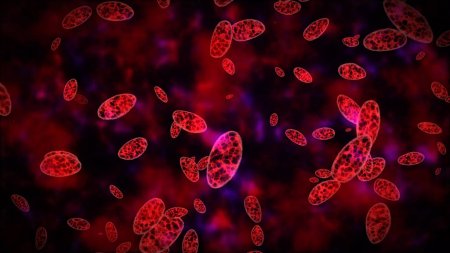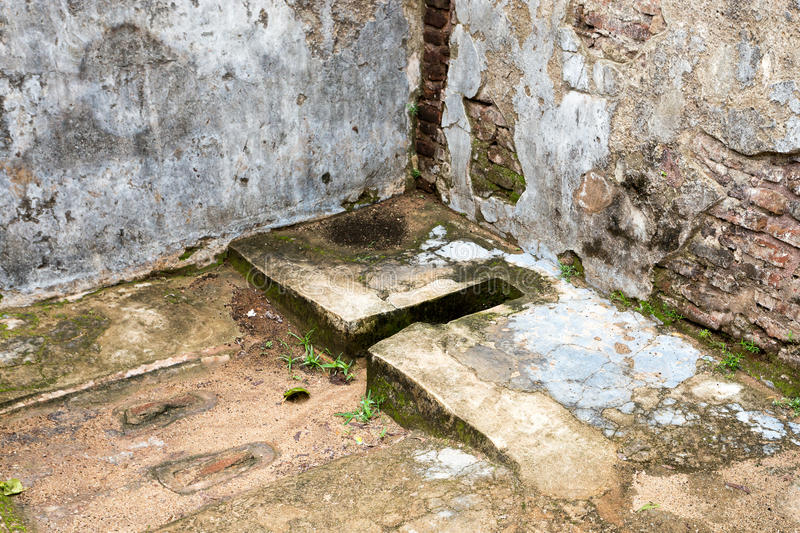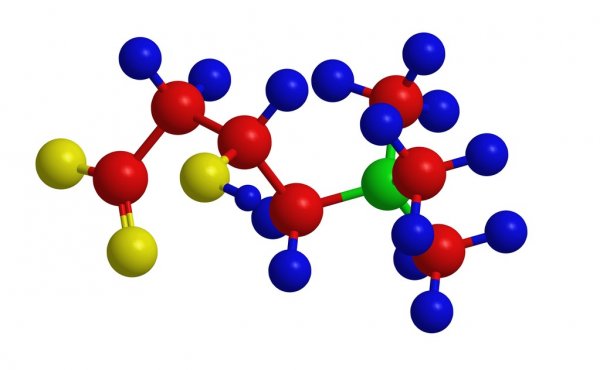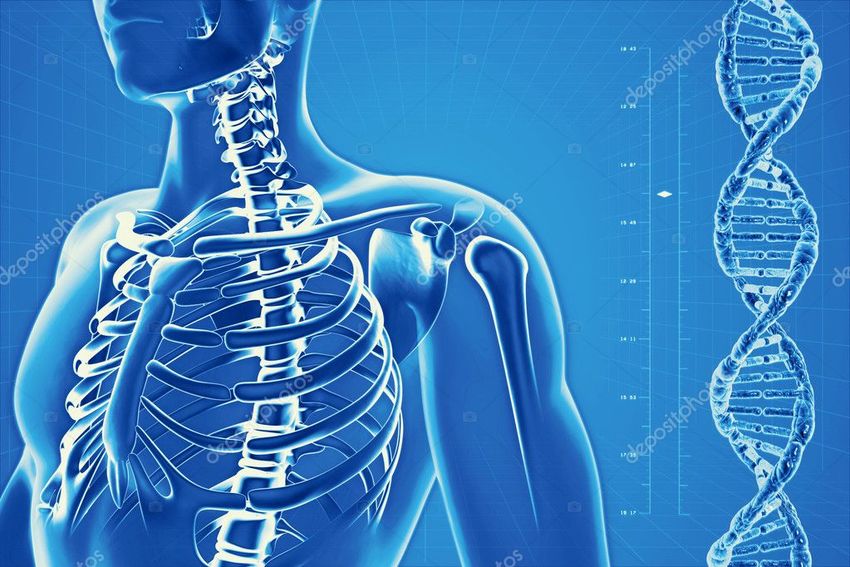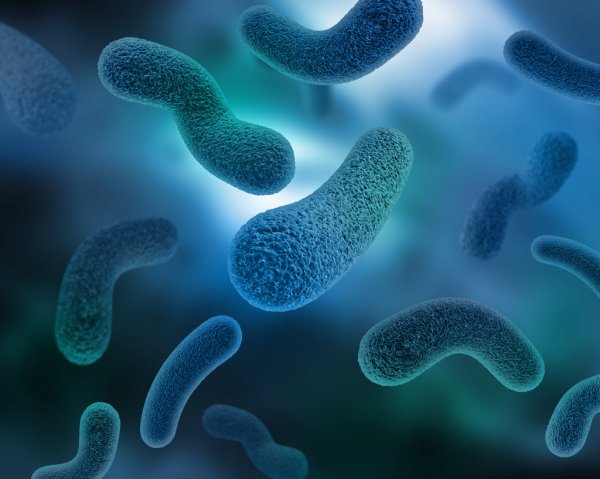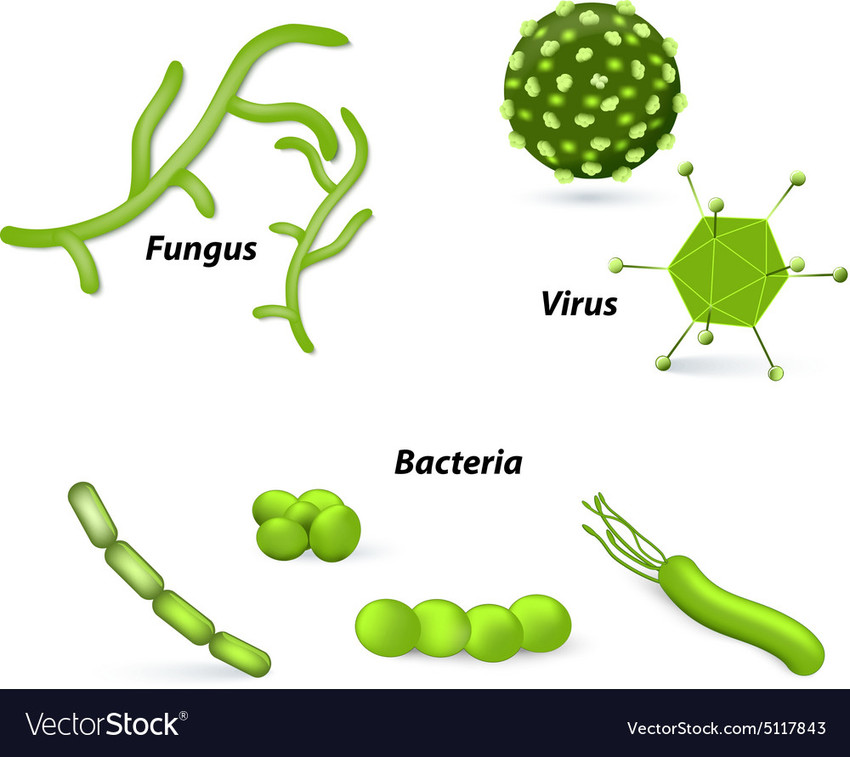Does Gut Health searches on Google help locate Covid 19 hotspots?
Oct
28
A September 12 2020 Bloomberg report of Massachusetts General Hospital research found that the public searches on Google correlated strongly with Covid cases in New York, New Jersey, California, Massachusetts and Illinois -- three to four weeks before contracting the disease.
These searches were associated with Covid 19 symptoms related to the gastrointestinal issues, and can serve as an advanced indicator of hotspots before they happen.
https://www.bloomberg.com/amp/news/articles/2020-09-13/googling-for-gut-symptoms-predicts-covid-hot-spots-study-finds



